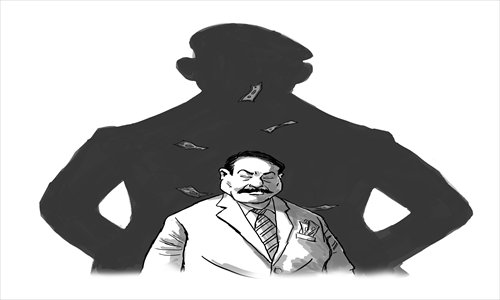India protects VIPs at citizens' expense

A 23-year-old girl has awakened India like no ordinary mortal had ever done before.
Her brutal gang rape and torture in a moving bus in New Delhi on December 16 evening stunned the nation and triggered spontaneous protests that were unprecedented in scope and intensity.
The girl's death on December 29 has brought back the focus on a much larger question that has been debated for decades but never resolved: Shouldn't the state be focusing on the security of the man on the street rather than burning over $100 million every year on security for thousands of VIPs?
The gang rape incident has put the UPA government in a quandary. The spontaneous protests by thousands of young boys and girls at India Gate and Vijay Chowk since the rape have enlarged the common man versus VIP security debate.
If the issue is not settled once and for all now, it never will be. This was a faceless, leaderless people's revolution the like of which hasn't been seen since Indian independence.
The central and state governments are all obsessed with the security of VIPs who are nothing but the servants of the people. In the US or the UK, the number of people given protection at the government's expense remains in just two digits. In India, the number of VIPs given security at government expense is in the thousands.
VIP security, not law and order, seems to be the top priority for the central as well as most state governments.
On March 31, 2012, the then union home minister P Chidambaram released a report by his ministry which revealed that there were as many as 16,800 VIPs all over the country who were given security at the government's expense.
What's more, at a time when the police-population ratio is abnormally low, more than 50,000 security personnel are guarding these 16,800 VIPs, nearly double the actually allotted strength of security personnel.
West Bengal has just 81 police personnel per 100,000 people, followed by 88 personnel in Bihar, 115 in Madhya Pradesh and 118 in Rajasthan against the national average of 174 policemen per 100,000 people.
The report, prepared by the Bureau of Police Research and Development, said that as of January 1, 2011, the actual strength of police personnel per 100,000 people was 131.39 against the sanctioned posts of 173.51 personnel per 100,000.
The point pushed to the fore by the unfortunate Delhi gang rape case is that the incident could have been averted if only India had taken a few security and law and order enforcement steps.
The crime took place in a moving bus which was thickly curtained and kept moving on the national capital's arterial roads for an hour with six men brutalizing the paramedic student and beating her male friend.
The incident could have been avoided if the supine Delhi Police personnel had acted on two complaints received hours earlier against the staff of the same bus.
The security agencies need to do the following things without further ado in the crime capital of India, Delhi:
Install cameras on all important roads and ensure round-the-clock monitoring with an institutionalized mechanism for fixing responsibility for negligent employees on duty; Install GPS on all commercial vehicles; Have a greater synergy between mobile phone service providers and police stations, so that mobile companies can come up with phones having a special button which, if pressed, would send a distress signal to the nearest police station as well as the exact coordinates of the distressed.
This is the best opportunity for the UPA government to turn the tide of popular anger against it and win over the public by initiating solid measures for public security from the nation's rape capital.
Nevertheless, there is nothing on the ground to suggest that it is actually happening.
There are only statements, like the one from Delhi Chief Minister Sheila Dikshit who has asked Union Home minister Sushil Kumar Shinde to review VIP security thoroughly so that the common man's security cover can be raised.
But then if she is so sincere, why doesn't she unilaterally reduce her own security cover? Charity begins at home.
The author is a New Delhi-based journalist-author and strategic analyst. bhootnath004@yahoo.com